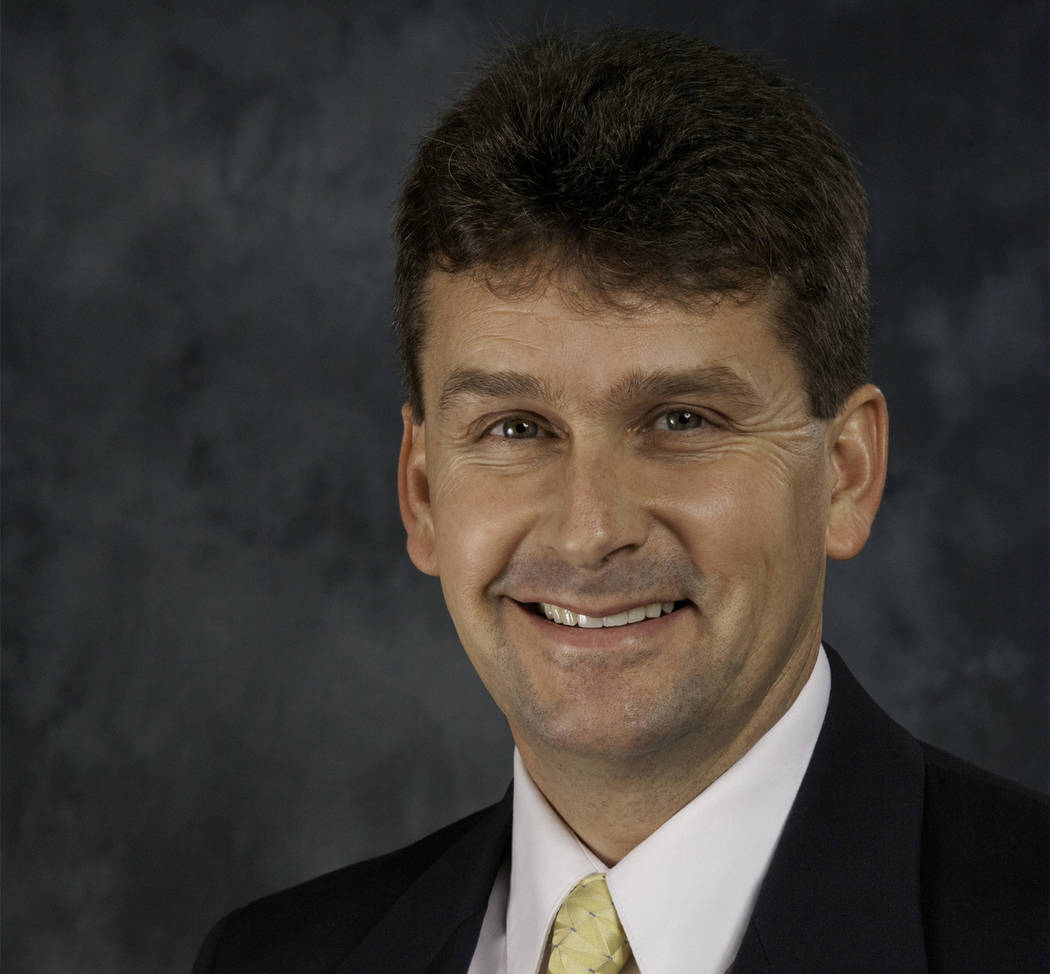City’s expanding waste line worth bragging about
Just over two weeks ago, the Southern Nevada Health District approved Boulder City’s latest application to expand our landfill. This is the second expansion permit that I’ve helped the city to procure during my tenure on the SNHD board.
When I was a relatively new board member in 2011, we persuaded SNHD to approve the first one, a lateral expansion that increased our landfill’s size from approximately 10 acres to 60 acres, thereby extending its estimated remaining life by over 25 years to roughly midcentury.
This latest expansion includes not only a lateral component but also a vertical component. Laterally the landfill increased in size by 100 acres, bringing the total footprint now to 160 acres. The expansion also added 44 feet of vertical space to our permitted elevation. The result is a net increase in landfill capacity of almost 9.5 million yards, up from approximately 2 million yards to just shy of 11.5 million.
In terms of remaining useful life, that’s a really big deal. Nobody has a crystal ball, so it’s impossible to gauge exactly how many years this permit adds to the landfill’s life. But assuming we continue to input roughly 21,000 tons of waste annually, our landfill likely gained somewhere between 85 and 130 more years of viability, meaning that it could feasibly still be operating in the year 2175, over 150 years into the future.
And that doesn’t even account for advances in waste-disposal technologies, improvements in our recycling efforts, the possibility of excavating downward for mandatory cover material that otherwise gets imported and unnecessarily takes up space, and other such means of slowing the pace at which we fill up our landfill’s finite volume. In other words, Boulder City’s disposal site will almost certainly be alive and well long after you and I are long gone. And, in fact, long after our children, and our children’s children, and many more generations have come and gone.
Not having to ship our waste to Apex on the other side of North Las Vegas saves us hundreds of thousands, if not millions, of dollars each year. So, each extra year of landfill life is extremely precious.
We also worked hard to avoid having a liner requirement imposed, since landfill liners can easily cost $100,000 or more per acre. Our staff and consultants also made a great case why our unique landfill should be exempt from almost all Subtitle D requirements, saving the city millions more in monitoring and collection costs. And they also finished the consultant portion of the project about $93,000 under budget. All in all, it’s safe to say that issuance of the expansion permit last month will end up saving Boulder City tens of millions of dollars over the decades to come.
For these and other reasons, securing this permit has been very high on my radar over the past few years as we’ve worked long and hard through the conceptualization, planning and permit application process. And, so, I couldn’t be more pleased that it’s finally come to fruition.
Subtle accomplishments like these that creep quietly toward completion usually don’t make front-page headlines. In fact, if I weren’t drawing this one to your attention, you’d probably never even notice and just continue taking our landfill for granted like I always did. But I feel like this one is worth highlighting, even if only this once.
I hope while it’s still fresh on your mind, you’ll go out of your way to join me in expressing a deep debt of gratitude to Scott Hansen and his Public Works staff and consultants for spearheading the project, landfill operator Steve Kalish and his BC Waste Free group for their insightful input and steady support along the way, and Dr. Joe Iser and his environmental health department at SNHD for their responsiveness and expertise from start to finish. We are very fortunate that they all stepped up and went to bat for us throughout this project.
Expanding waste lines aren’t something that I normally like to brag about, but in this case, I definitely think an exception is in order!
Rod Woodbury is mayor of Boulder City. He has been serving on the City Council since 2011 and is the president and managing shareholder of his law firm, Woodbury Law.




